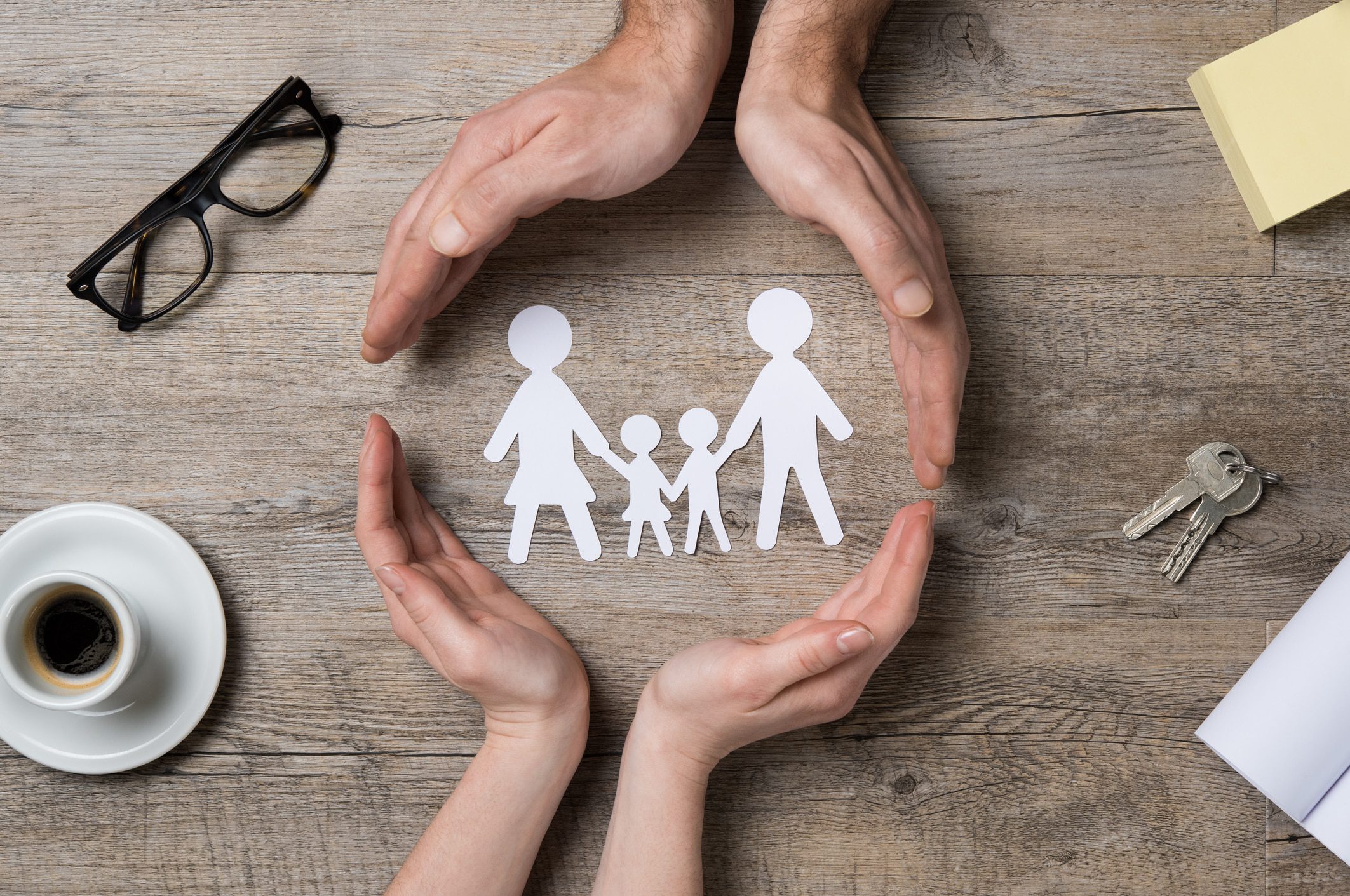
Whether your child is experiencing common childhood fears as a normal part of their healthy development or is struggling with intense fear, you can be a source of strength. As parents, we want our children to develop confidence and self-assurance. We want them to be capable of solving their problems, and we want them to ask for help when they need it. And we definitely want them to develop the inner strength and fortitude to persevere through adversity. This is want we want for our kids...but how do we teach it?
Start with Empathy
Empathy means seeing the world from your child's point of view. It doesn't have to be a rational point of view. You don't have agree with their point of view. You just have to take a few moments and imagine what it must be like for your child to see the world they way she sees it.
Why strive to be empathic? According to Dr. Robert Brooks, a nationally and internationally recognized speaker and author, empathy is a skill we can learn and once learned is strongly linked to:
- satisfaction and contentment with one’s life
- an ability to strive for excellence but not be derailed by mistakes
- a capacity to relate comfortably with and compassionately towards others
- an ability to help others feel special and appreciatedThink back to your own childhood. Perhaps you remember feeling fear or worry yourself as a child. Maybe you remember feeling scared of the dark, or being shy, or believing in monsters. How did the adults in your life respond to you? What did they say and how did they act? Was it helpful or did it hurt? Your answers to these types of questions can give you a great deal of insight and understanding into your child's world as well as your own emotional reactions to their behavior.
- Dr. Brooks also encourages parents to ask themselves:
- If we are to respond to our child's anxiety in a healthy way, then empathy is essential. If we don't take the time to appreciate our child's point of view, then we are much more likely to misread what's happening, misunderstand their struggle, and react in unhelpful ways.
- In anything I say or do, what do I hope to accomplish?
- Am I saying or doing it in a way that helps the other person listen, hear what I'm saying, and respond constructively?
These questions promote empathic thinking, which in turn provides the foundation for healthy communication, and ultimately healthy and supportive relationships.
Find Healthy Ways to Manage Your Own Stress
Being empathic is actually much easier said than done in the best of circumstances. It becomes increasingly difficult when we as parents are tired, irritable, and stressed out. The stress we experience as parents matters, and it is vital that we model healthy coping for our children because they can see our stress!
An online survey by the American Psychological Association (APA), conducted by Harris Interactive in August 2010, found that over two-thirds of parents think their stress level has slight to no impact on their child’s stress level. However, only 14 percent of tweens and teens agreed!
Not only do they notice our stress, but it appears that teens are emulating our unhealthy ways of coping. In fact,
How did your family of origin model fear, courage, avoidance, and coping? What did you learn as a child and teen about these emotions? How do you as an adult react to stress and worry? The reality is, your experiences as a child influenced the way you learned to cope. And the way you manage your stress impacts your child, whether you think it does or not. This means that not only is it important to our own well-being to find healthy ways of managing stress, but it significantly impacts our children as well.
Top 3 Stress Busters:
- Get 7.5-9 hours of sleep each night
- Exercise daily as often as possible
- Eat healthy food at regular intervals throughout your day
While basic, these healthy behaviors are often the easiest to let slip when life gets hectic. Nevertheless, these "big three" behaviors have a profound impact on our overall feelings of health and well-being. They are also key values we can teach our children to help them better respond to stress. Learn more about managing family stress here.


